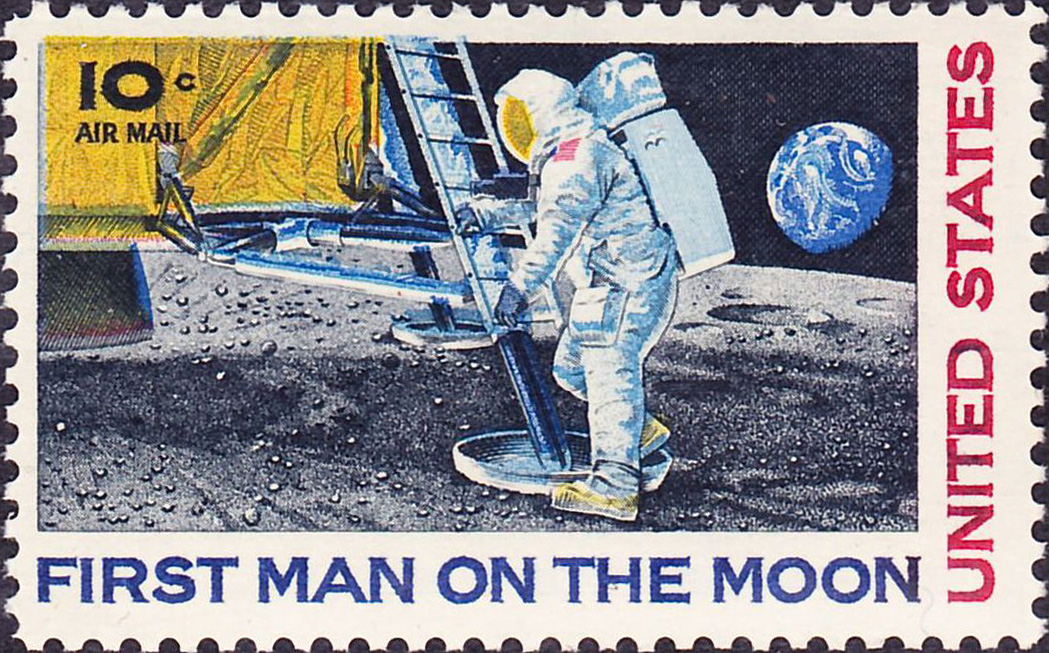Thoughts on First man
First Man fell to
Earth. Despite generally positive reviews it performed
poorly at the box office. Perhaps it would have performed better had it
been released nearer the fiftieth anniversary of the landing next year – but a
fiftieth anniversary release didn’t serve Star Trek: Beyond too well, so
perhaps space-travel anniversaries both factual and fictional aren’t present in
the public mind.
A.O. Scott has faulted the film for not venturing “into meaning, history, metaphysics or the wilder zones of the imagination.” I had a similar feeling when I left the theatre, that the enormity of the moon landing had not quite been done justice. But then, I had the same feeling after Interstellar, Apollo 13, even 2001 - and after every documentary, book or lecture on the subject too.
Our post-space race ennui about the cosmos is part of our
historical moment. We’ve all seen pictures of “that pale blue dot,” but we’re
still tribal, national creatures. One can glare at the Moon hard enough, force
oneself to appreciate the magnitude of it and then try – really, try – to
reckon with the fact that after a hundred millennia of looking in wonder at the
sky three of us in a metal pod fifty years ago visited it. And yet eventually
you must pull your head from the clouds and return everyday life, where the
Moon is but a silver disc sailing over the flat earth to let us know its night-time.
The failure to integrate the space age into the collective psyche is a
civilizational phenomenon – it’s hardly fair to fault Damien Chazzelle for it.
Pondering cosmology and the moon landing is like trying to
enjoy a wedding – you know it should be the best day of your life, and worry
that you’re never quite appreciating the day as much as you should. Similarly,
you know you should be awestruck by the knowledge of stars hundreds of times
brighter than the Sun, by 4.6 billion years of time, by black holes and nebula –
but can never be awed enough, and feel
like you fail to duly appreciate the extraordinary knowledge available to us in
the modern age.
No wonder then that art has the same trouble representing recent
discoveries of the cosmos. How to evoke the sense of proportion, to do justice
to these enormities whilst giving a sense of the human place within them? Most
space films have adapted tools from other genres of soppy romanticism or
patriotism – see the brass music not unlike that of a WWII movie as Tom Hanks
gazes longingly at the lunar surface in Apollo
13. Hackneyed, perhaps, but it does the job. Bolder efforts have been made
by the likes of Christopher Nolan, whose clumsy attempt to wodge cosmological
magnitude with human sentimentality in Interstellar’s
“love is the most powerful force in the universe” ended up diminishing
both. Still, he can be commended for rising to the challenge.
First Man takes a different kind of risk in focusing on the
experience of one man. The danger, the endurance, the engineering is all there
– represented in brutal, claustrophobic shots with frighteningly weighty sound
design of shuddering metal. By forgoing prolonged dwelling on the majesty of
the spheres to focus on the experience of the man, Chazelle brings the
vertiginous reality of space flight within the human experience. Space travel
is something that people do – or used
to, at least.
John Podheretz has castigated
the film for over-emphasising Armstrong’s personal troubles and faulting his
emotional reserve. Perhaps this is correct – it is a lamentable ethos of the
day to distrust (particularly male) emotional self-control, and this could have
influenced Chazzelle’s decisions. It should be regrettable indeed if he felt it
necessary to embellish the story to correct for what once would have been
considered dutiful self-discipline. However, the broader premise of playing the
story of the moon landing through the personal lives of those involved remains
a worthy one.


Comments
Post a Comment